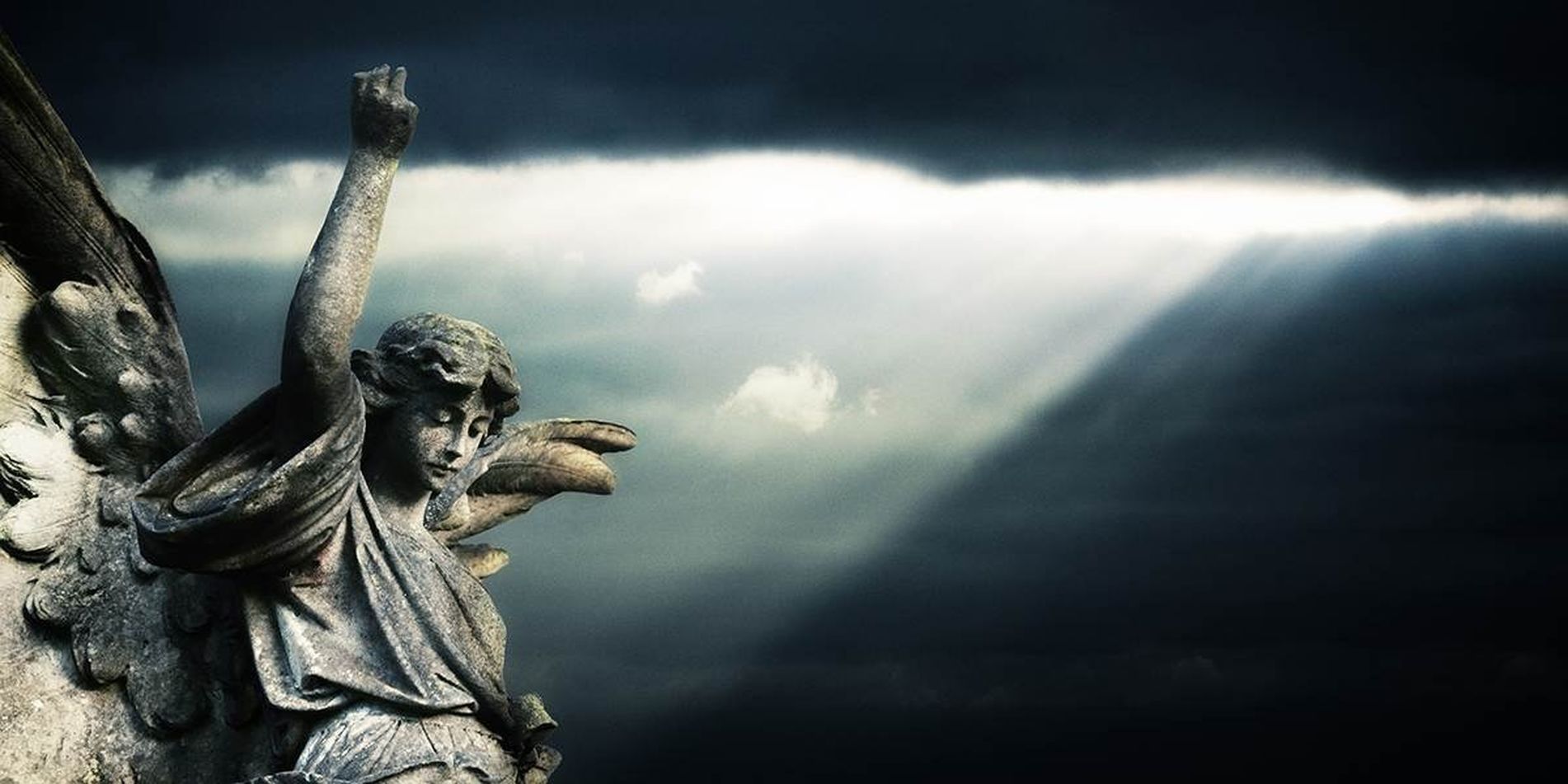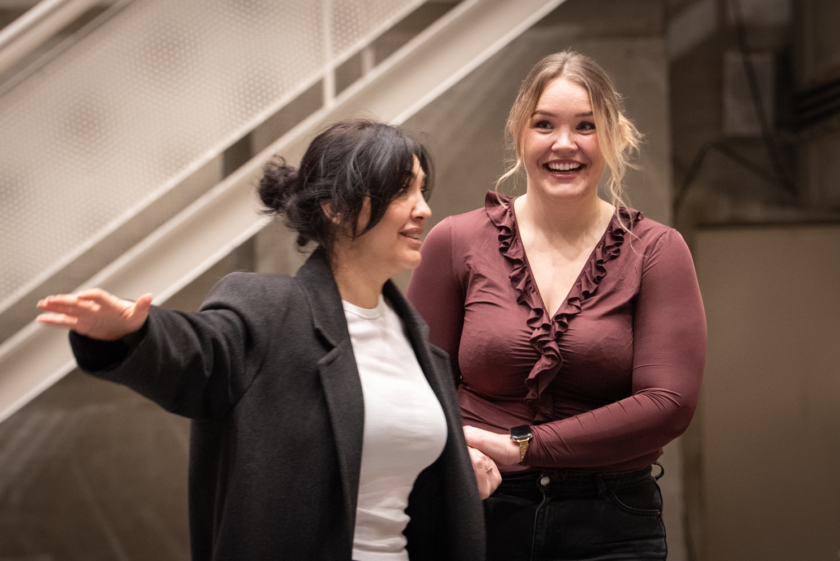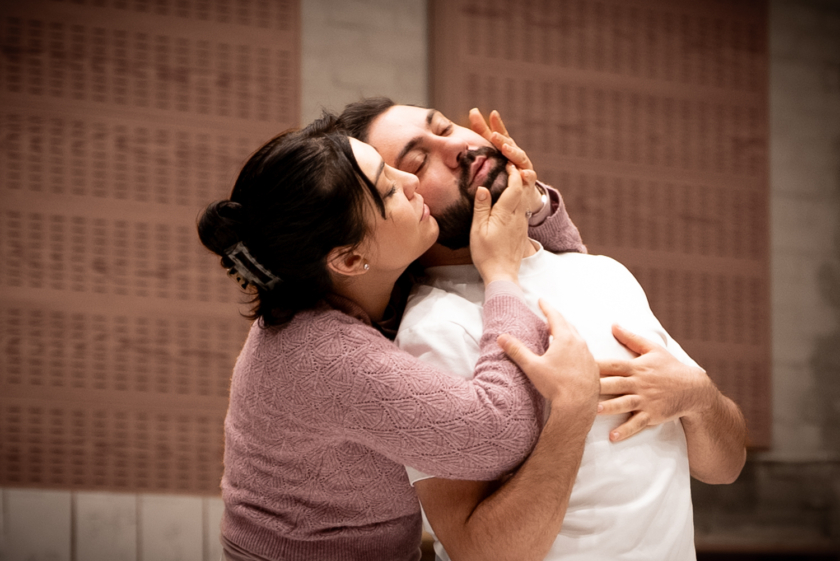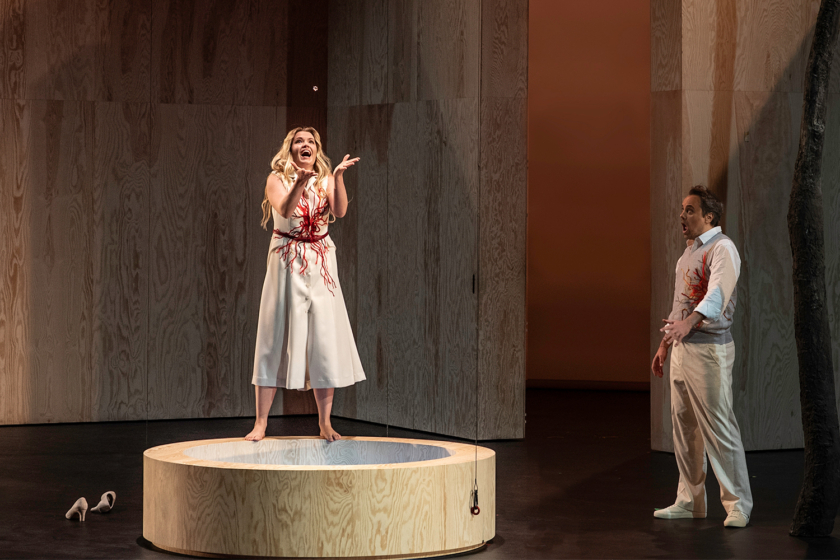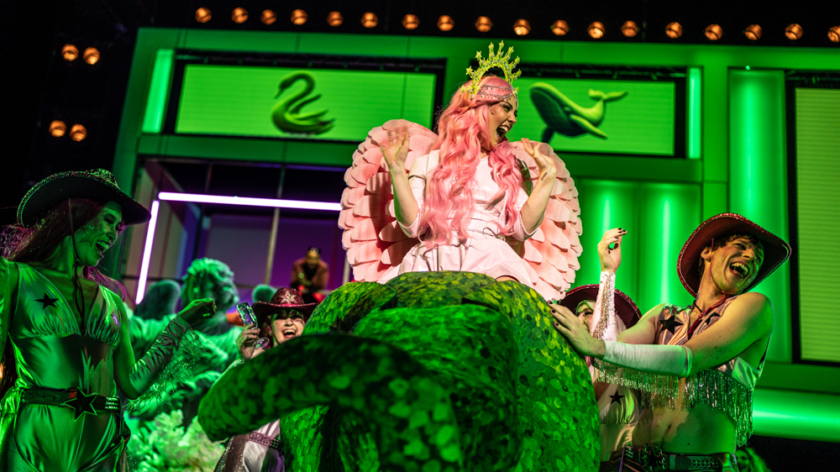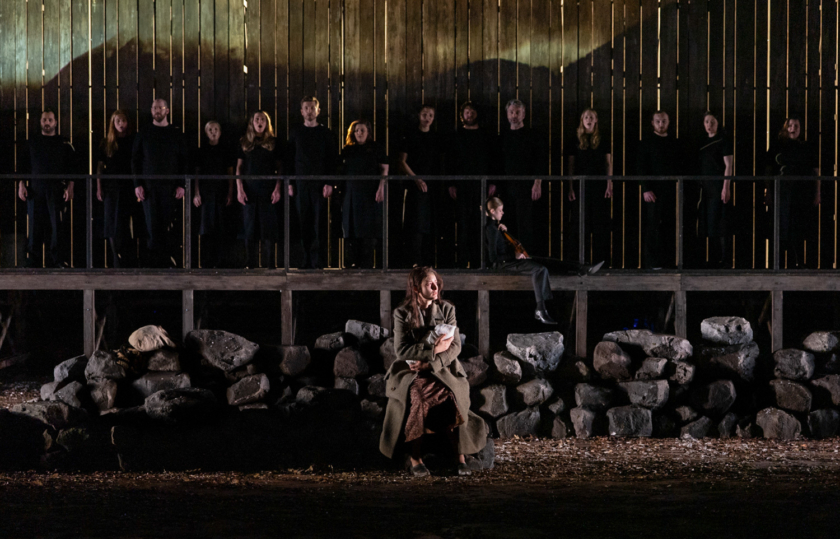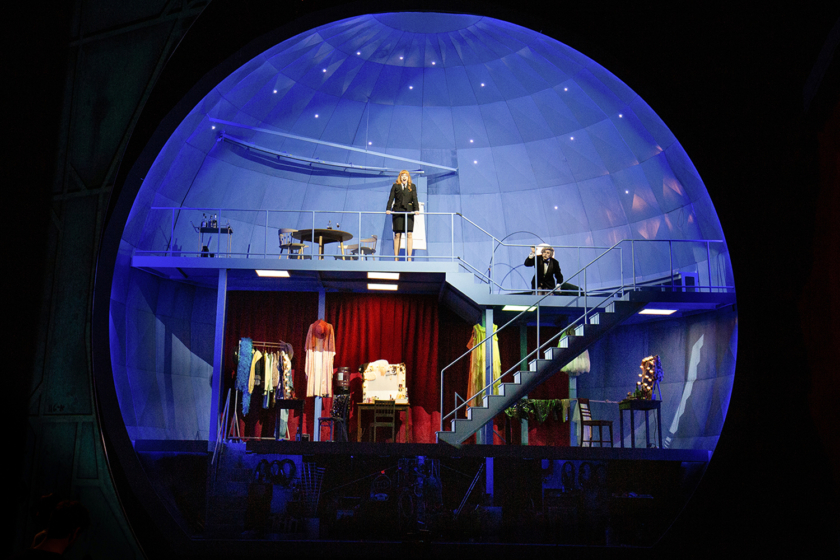Händel and humanity
In Grieghallen´s basement rehearsal room, figures in tattered grey sing Händel as they shuffle towards a table where soup is ladled from a vast battered pot.
The scene is bleak. We are in Ireland - or it could be Norway - in some kind of timeless misery with freezing weather and famine, where the country´s distant officials have long ceased to care, and where the church is struggling between old-school hell-fire authority and its need to offer succour.
So, here at Bergen National Opera we are creating a staged version of The Messiah for Festspillene i Bergen in a special edition by Malcolm Bruno, created from the original material which Händel took to Dublin for the oratorio´s premiere. The director, Netia Jones, acclaimed for her layering of stage direction, film and live video, is talking with passion and extraordinary clarity about the circumstances in which the oratorio was first performed: about the text - its writer, Charles Jennens was a devout Anglican and unflinching believer in scriptural authenticity - and about 18th century English snootiness towards a religious work being intended for the theatre. She talks about hypocrisy, about rural communities where a fundamentalist priest thunders about divine retribution as his congregation sickens and starves, about political representatives turning their backs and returning to warm well-fed firesides, about Godly but kind folk with a belief in hope tending the needy. She muses on Händel, newly settled in London, writing music of genius at furious speed as public opinion turned against showy Italian opera towards a near-craze for English-text oratorios.
But in creating the Messiah, Händel swerved from what had become his norm. For this new work, there were to be no highly dramatic roles for the singers; no individual narrator and no quoted speech. Though Jennens didn´t intend his text to be a dramatization of Jesus´s life and teachings, he did want to present (as opposed to explore) what he described as the "Mystery of Godliness" through extracts from the Authorized (King James) Version of the Bible, and from the Psalms in the 1662 Book of Common Prayer.
For Netia Jones, the Messiah tells a deeply human story. The four soloists can hardly be said to have theatrical roles as such, but their characters are distinctly drawn. Soprano Kateryna Kasper is an angelic voice, a figure of innocence and purity. Mezzo Renata Pokupic is a mother - a shy, little known member of the community with a very sick child for whom she is seeking help; urgent help, as he is stricken with typhus. Our tenor is a curate - a young, naïve, idealistic priest in his first parish, struggling with the seeming brutality of his Lord and the flickering questions which torture the basis of his faith. Meanwhile, fire, brimstone, Godliness and prejudice define our bass, an old fundamentalist priest with the Old Testament emblazoned on his brow, and anger surging in his heart at the sin of his parishioners who have brought such devastation upon themselves. The chorus personifies the village, a mix of kindness, lost hope, burning zeal and raw survival. We see them in church, in icy limb-freezing weather, and, at the soup kitchen.
So the atmosphere, in rehearsal, is extraordinary. It seems that we hear Händel´s music unfold for the first time. Freed from the bulging choral extravaganza of the British concert hall, the music seems at once extremely intimate and frighteningly spacious. We are working with Bjarte Eike´s Barokksolistene and the gut-stringed mewing sound with chittering harpsichord is acutely human. The compact chorus - a mix of our own fine Edvard Grieg Kor and Washington Cathedra´s elite Cathedra vocal ensemble - produces fantastic sounds: blazing, glowing, gasping, and what seems, at times, like an end of life breath.
There are tough questions both to Bjarte - for the singers, it´s not straightforward to follow a skittering violin bow, as opposed to a conductor´s baton - and to Cathedra´s Michael McCarthy whose beat leads the most complex, contrapuntal material. For this is chamber music on the move - hard lines to sing in ensemble while navigating all kinds of instructions on stage.
In the weeks to come, we move to Den Nationale Scene as the work takes shape for performance; from the Great Music Hall in Dublin 1742 premiere for charitable causes - prisoner debt and aid to hospitals - where because of over-crowding, the audience were requested to wear neither swords or hooped skirts - to London´s Covent Garden Theatre, where the reception was chilly (such exalted outpourings should surely be heard in a church) to a small, beautiful Norwegian theatre.
There, after weeks in a grey airless room, Händel will take the stage. And why his masterpiece has endured, through theological questioning, public adulation and disenchantment, multiple editions and orchestrations, overcharged performance and countless Christmas bawlings, will become gleamingly, movingly clear.
To Jennens´ words, Händel will spell out his own glory. In some way, we shall all be changed - by great music shown to us as humans, and by a staging of consummate humanity.
Mary Miller
5th May 2017
Av Bergen Nasjonale Opera


